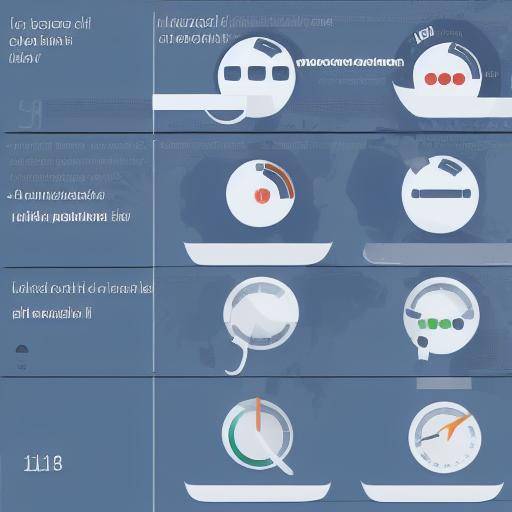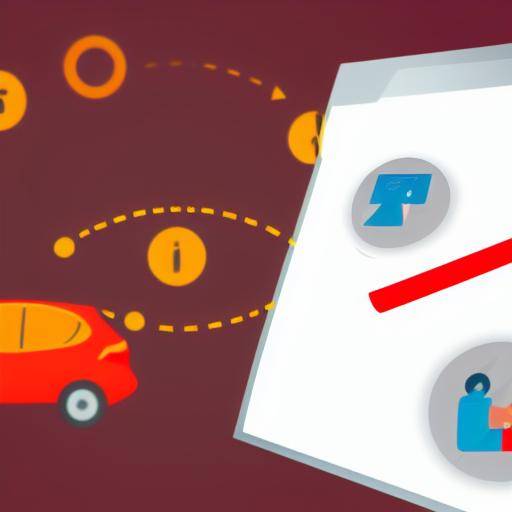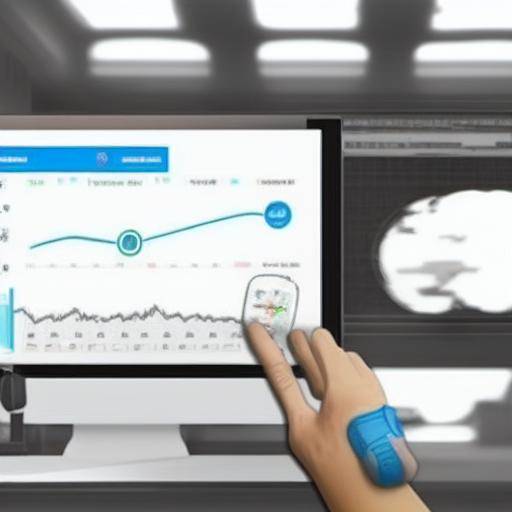
Introduction
Self-consciousness and self-control are fundamental to personal development and achievement of goals. The ability to recognize our emotions, motivations and behaviors, and effectively regulate them, is essential to lead a full and successful life. In this article, we will explore in depth the importance of developing self-consciousness to improve self-control, as well as its impact on personal success. In addition, we will provide detailed practical advice and analysis supported by experts in psychology and personal development.
History and Background
The notion of self-consciousness and self-control has deep roots in the history of psychology and philosophy. From the teachings of ancient traditions such as Buddhism and stoicism, to modern developments in cognitive and behavioral psychology, the exploration and cultivation of self-consciousness and self-control have been recurring themes in the search for wisdom and personal growth.
Definitions and Key Concepts
Self-consciousness refers to the ability to be aware of one's own emotions, thoughts, behaviors and values. It implies observing oneself objectively and understanding how these aspects influence our decisions and relationships.
On the other hand, self-control refers to the ability to effectively regulate and manage our emotions, impulses and behaviors, especially in challenging or stressful situations. It is a crucial skill for informed decision-making and effective stress management.
Detailed Analysis
Benefits of Self-consciousness and Self-Control
Self-consciousness allows us to identify our strengths, weaknesses and motivations, which gives us the basis for personal and professional growth. By understanding our emotions and thoughts, we can make more informed and aligned decisions with our values.
Self-control, for its part, enables us to manage stressful situations, regulate our emotional reactions and maintain a clear focus on achieving long-term goals. These skills are fundamental in both personal and professional environments.
Challenges and Challenges
Despite its many benefits, developing self-consciousness and self-control can present significant challenges. Resistance to change, lack of motivation or a biased vision of oneself can hinder the process of self-discovery and growth.
Comprehensive review
Practical Applications
Self-consciousness and self-control have practical applications in various aspects of life, from decision-making in the workplace to personal relationships management and emotional self-regulation. Tools such as meditation, mindfulness and self-reflection are useful to develop these skills.
Practical Tips to Develop Self-Awareness and Self-Control
- Perform daily self-reflection exercises, such as carrying a diary of emotions or meditating.
- Find honest feedback from friends, family or mentors.
- Participate in personal development programs or psychotherapy to deep explore their own motivations and challenges.
Industry Perspectives and Expert Reviews
Include expert comments in psychology, personal development and leadership on the importance of self-consciousness and self-control for personal success.
Case Studies and Practical Applications
To present concrete examples of individuals or companies that have demonstrated the effectiveness of self-consciousness and self-control in achieving personal and professional goals.
Future Trends and Predictions
Explore emerging trends in the development of self-consciousness and self-control, with an emphasis on their impact on personal success in the digital age and in demanding working environments.
Conclusions and FAQs
Conclusions
In short, self-consciousness and self-control are critical skills that significantly influence personal and professional success. By developing the ability to observe ourselves clearly and effectively manage our emotions, we can improve our decision-making, interpersonal relationships and ability to achieve our goals with authenticity and determination.
Frequently asked questions
- Why is it important to develop self-consciousness?
- How can I improve my self-control in stress situations?
- What are some effective strategies to promote self-consciousness in the workplace?
- Does the development of self-consciousness and self-control require the help of professionals?
- What role does self-consciousness play in making ethical decisions?
- How can companies foster self-consciousness and self-control among their employees to improve performance?
In addressing these frequent questions, we hope to have provided a deeper understanding and a practical guide for the development of self-consciousness and self-control for the sake of personal and professional success.




















































